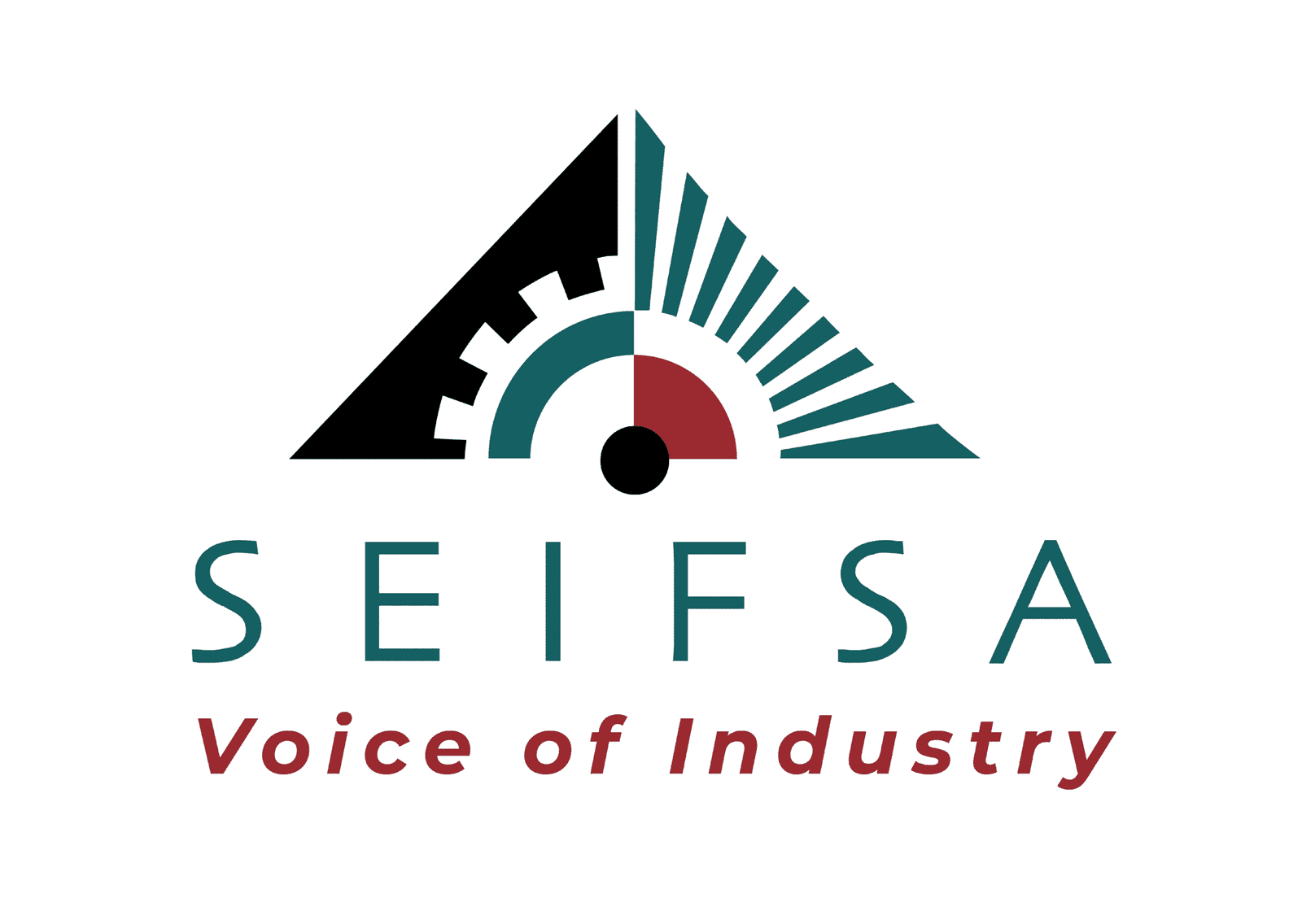The 2023 National Budget recognises, reflects and has been structured to respond to key headwinds facing the global and South African economy.
The budget has maintained fiscal prudency – achieving a primary surplus – in an uncertain macroeconomic environment, without resorting to unsustainable borrowing and punitive tax proposals.
These headwinds include slower global economic growth, presenting a less supportive environment for the South African economy, thereby limiting the revenue side of the equation. Additionally, higher interest rates, globally, which increase debt service costs, estimated to be R340.5 billion (just under R1 billion per day) in the 2022/3 fiscal year, at a time when the State will be taking on R254 billion of Eskom’s debt also contributes to a difficult budgeting environment.
The recognition of the binding constraint that the energy crisis presents to the South African economy and the proposals set-out in the budget to deal with this risk are welcomed.
SEIFSA has consistently highlighted that while it is important to stabilise Eskom, and the debt relief package does that, the broader solution lies in allowing an accelerated deployment of generation capacity by businesses and households.
To this end, the tax measures allowing companies to recoup 125% of the capital cost of renewable energy investment, without limitation to the size of capacity installed, and the 25% rebate afforded to households for solar installation are welcomed.
However, while National Treasury’s intention to induce this investment in the short-run by caping the window of these incentives to two and one year for companies and households, respectively is noted, SEIFSA submits that longer timeframes should be considered, given the extent of the energy crisis.
At a bare minimum the period should be the medium-term expenditure framework (next three fiscal years) or five years. Moreover, the precarious state of the economy at the current state and into the next fiscal year for companies and households, means that these economic agents have limited financial resources to make the energy investments. The risk of the very short timelines considered for these tax measures will lead to the measures only being taken up by companies that have the financial resources at the present moment, thereby limiting the full potential of the measure. The same observation regrettably applies to private households.
The budget estimates that R903 billion will be spent on infrastructure over the medium-term expenditure framework, which is a key point to highlight for the metals and engineering sector, a sector whose performance is driven by infrastructure spend. However, we note with concern the envisaged finalisation of the Public Procurement Bill, which National Treasury anticipates only to table through the parliamentary process in March 2023.
In the continued absence of finalising this bill, there is considerable uncertainty around procurement by state organs, and particularly around aspects of preference for local companies.
SEIFSA continues to call for an urgent and accelerated finalisation of the Public Procurement Bill to limit the opportunity being lost to domestic industrialisation.

